Liberia
5.3
Population 2022 (Millions)
0.48
HDI Score
2021 (Max. 1)
49.9
SDG Score
2023
(Max. 100)
0.65
Gender Inequality
Index Score
(Max. 1)
99
Internet Inclusivity
Index 2022
(100 countries)
Overview
Projects
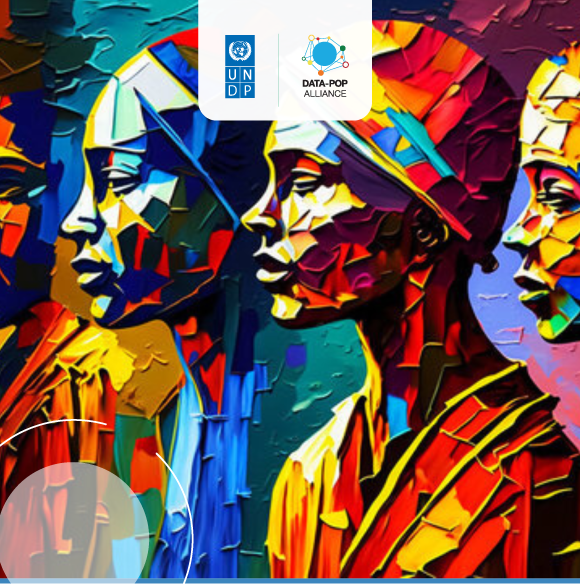
- Burkina Faso, Liberia, Sierra Leone, The Gambia
- March - May 2024
- Geographies of Inequalities
- Partner(s): UNDP Ethiopia (Funder)
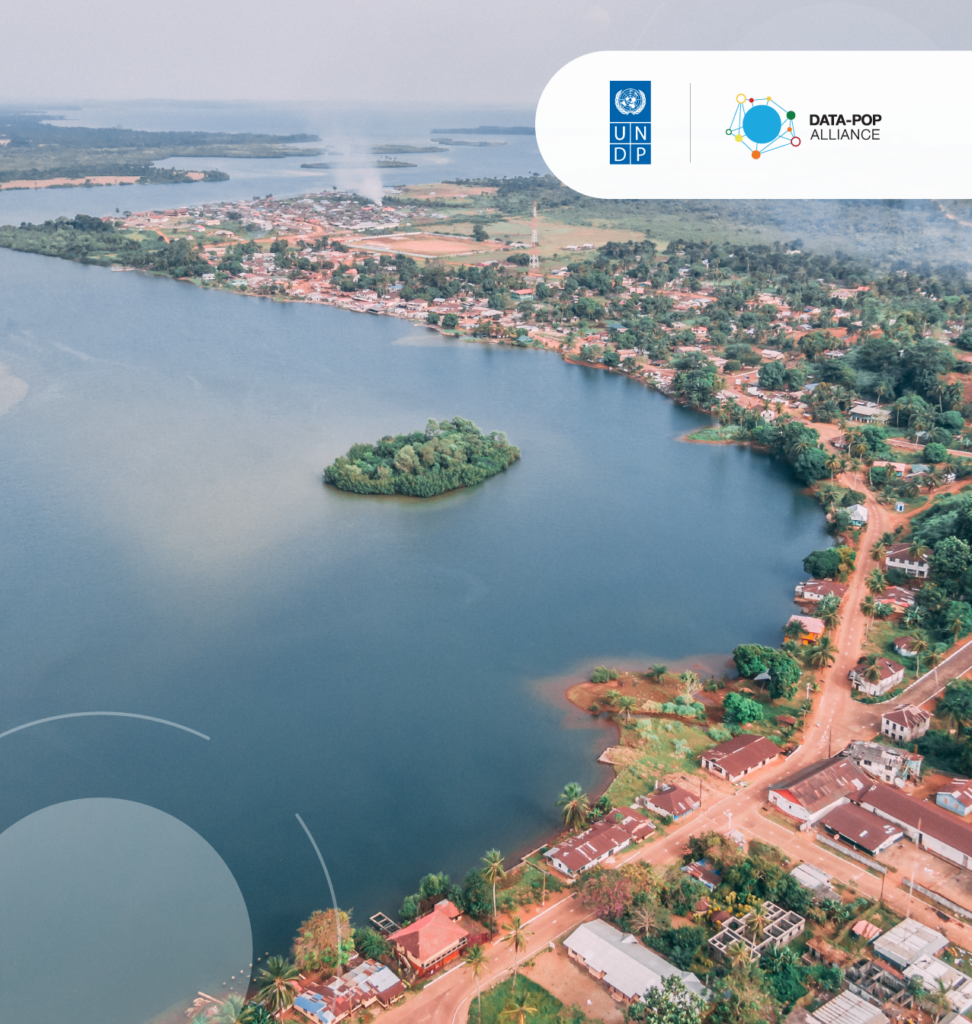
- Liberia, Sub-Saharan Africa (SSA)
- November 2023 - July 2024
- Resilient Livelihoods and Ecosystems
- Partner(s): UNDP Liberia (Funder)
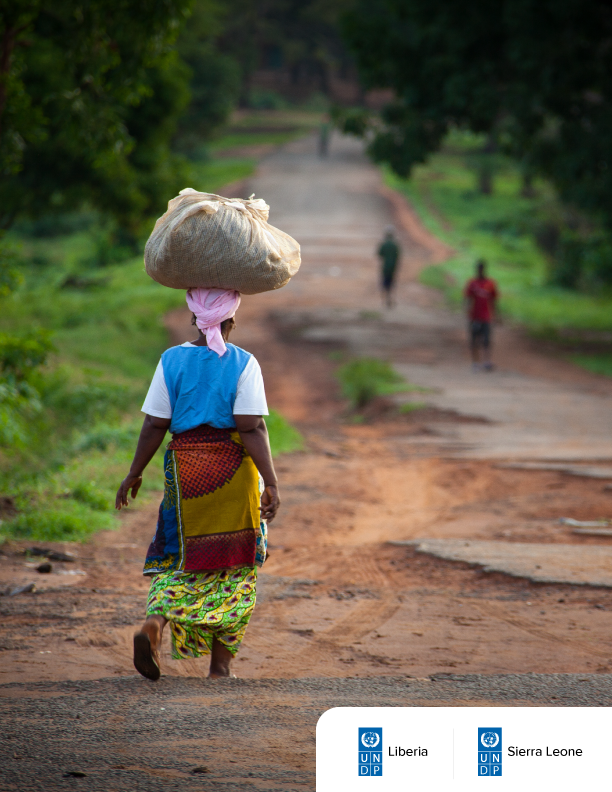
- Liberia, Sierra Leone, Sub-Saharan Africa (SSA)
- May 2022 - March 2023
- Resilient Livelihoods and Ecosystems
- Partner(s): UNDP Liberia (Funder), UNDP Sierra Leone (Funder)
This study, supported by the UNDP’s Country Offices in Liberia and Sierra Leone, developed a deep understanding of the existing informal social protection mechanisms and community development needs in the borderlands of Sierra Leone and Liberia. DPA adopted an inductive ethnographic approach consisting of qualitative methods complemented with quantitative data collection to identify borderland community needs and trends, covariate shocks faced and coping mechanisms, as well as the inclusion and exclusion factors. The outputs and findings of the study informed government and UNDP programmatic interventions aimed at strengthening the resilience of these communities.
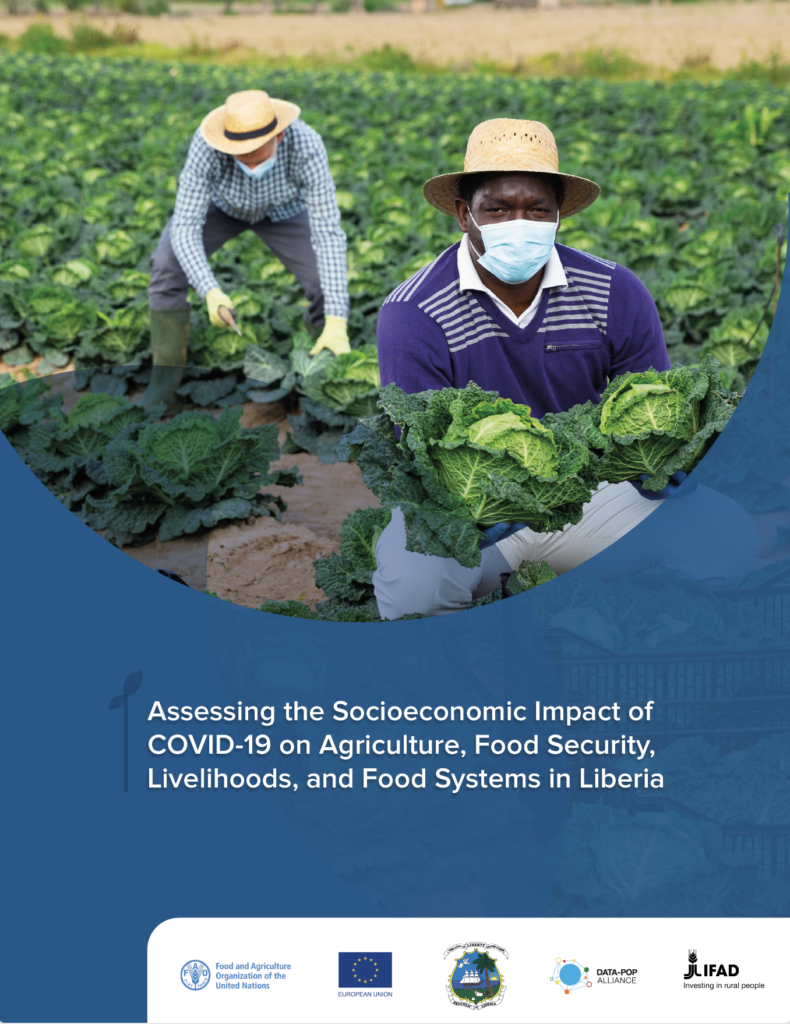
- Liberia, Sub-Saharan Africa (SSA)
- June - December 2021
- Resilient Livelihoods and Ecosystems
- Partner(s): European Union (Funder), FAO in Liberia (Funder), Food and Agriculture Organization of the United Nations - “FAO” (Funder), Government of Liberia
With the support of the Food and Agriculture Organization of the United Nations (FAO) Liberia and the European Union, and in collaboration with the Government of Liberia, DPA assessed the socioeconomic impact of COVID-19 on agriculture, food security, livelihoods, and food systems in the country. The report combined key insights from the literature with primary and secondary data source analysis (including the use of microsimulations, multiple regression analysis, and key informant interviews). DPA designed a specific methodological framework to analyze the COVID-19 impacts from a holistic perspective.
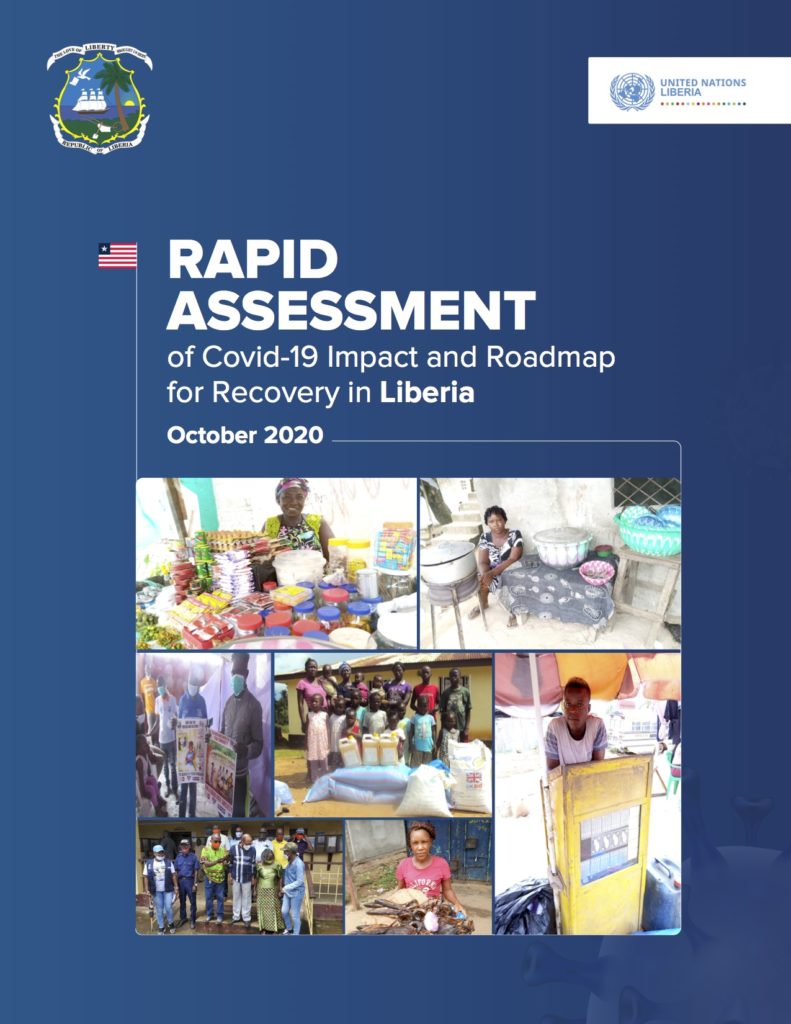
- Liberia, Sub-Saharan Africa (SSA)
- June - October 2020
- Resilient Livelihoods and Ecosystems
- Partner(s): ADE (Funder), UNDP Liberia (Funder)
In partnership with the United Nations Development Programme (UNDP) and ADE, the objective of this project was to conduct a rapid assessment of the socioeconomic impacts of the COVID-19 pandemic (and its mitigation measures) in Liberia. The study was produced as part of a project analyzing the implications of COVID-19 on pre-existing macro and micro-economic, human development, and governance vulnerabilities. Based on the findings of the rapid assessment and in partnership with the UN Country Team in Liberia, a set of recommendations was developed to chart the roadmap for the short and long-term recovery process to build back better, leaving no one behind. This rapid assessment study aimed to provide the necessary evidence and inputs to inform and guide the relevant COVID-19 interventions and response efforts of the UN agencies, the Government, and other development partners.
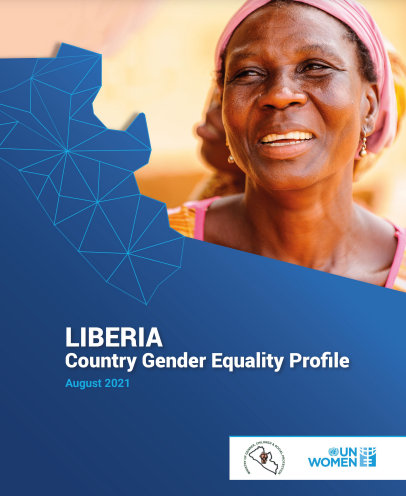
- Liberia, Sub-Saharan Africa (SSA)
- May - September 2021
- Data Feminism
- Partner(s): African Development Bank, European Union, Government of Sweden, Ministry of Gender, Children & Social Protection - Liberia, UN Women Liberia (Funder)
The CGEP of Liberia, the first of its kind in the country, examined the situation of gender inequality in Liberia from a multi-sectoral and intersectional perspective, including an analysis of the gendered impacts of the COVID-19 pandemic, as well as response and recovery implications. As part of an increasing effort to eliminate all forms of gender-based discrimination, the CGEP represents an important guide to assess the existing situation regarding women’s empowerment and gender equality in Liberia. This project was funded by UN Women Liberia, and supported by the Ministry of Gender, Children and Social Protection Liberia; the European Union, the African Development Bank, and the Government of Sweden.
